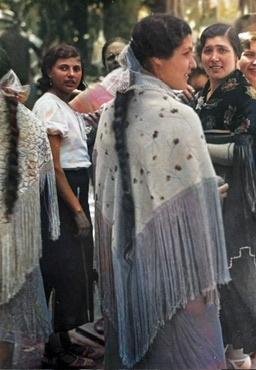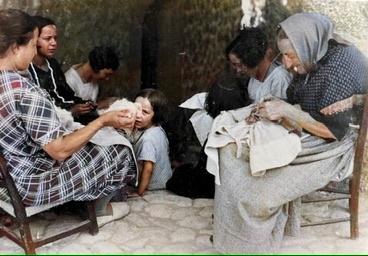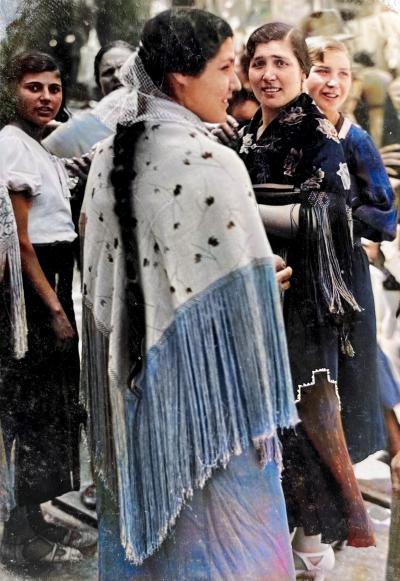How did women in Mallorca balance domestic duties with economic activities?
Similar Topics
women in mallorca
domestic duties
economic activities
rural economy
agricultural labor
artisanal crafts
family income
economic participation
Women in Mallorca have traditionally played a vital role in both domestic and economic spheres, skillfully managing the demands of home life alongside various productive activities. Historically, the island’s predominantly rural and agricultural economy required a division of labor in which women took on significant responsibilities within the household while also contributing to farming, craftwork, and seasonal labor. This balance was rooted in a communal lifestyle where family units worked closely together, and women’s work often extended beyond the home to include tasks such as tending vegetable gardens, caring for livestock, and assisting with harvests.
In addition to agricultural labor, Mallorcan women engaged in artisanal and cottage industries, including basket weaving, embroidery, and lace-making, which were commonly done at home. These activities allowed women to supplement family incomes without neglecting domestic duties like cooking, cleaning, and child-rearing. The dual role was often supported by a flexible daily schedule, enabling women to alternate between household tasks and economic pursuits according to the seasonal rhythms and immediate needs. Social structures also encouraged cooperation among women, fostering shared childcare and collective work efforts that lightened individual burdens.
Over time, as Mallorcan society evolved with increased urbanization and tourism, women expanded their economic participation beyond traditional crafts and farming to include roles in service industries, commerce, and hospitality. Despite these advancements, many women continued to navigate the challenging balance between professional responsibilities and maintaining the home, an equilibrium managed through strong family networks and cultural expectations. This adaptability and resilience have been central to the continuing economic and social fabric of Mallorca, reflecting a deeply embedded tradition of women’s contributions both within and outside the household.
In addition to agricultural labor, Mallorcan women engaged in artisanal and cottage industries, including basket weaving, embroidery, and lace-making, which were commonly done at home. These activities allowed women to supplement family incomes without neglecting domestic duties like cooking, cleaning, and child-rearing. The dual role was often supported by a flexible daily schedule, enabling women to alternate between household tasks and economic pursuits according to the seasonal rhythms and immediate needs. Social structures also encouraged cooperation among women, fostering shared childcare and collective work efforts that lightened individual burdens.
Over time, as Mallorcan society evolved with increased urbanization and tourism, women expanded their economic participation beyond traditional crafts and farming to include roles in service industries, commerce, and hospitality. Despite these advancements, many women continued to navigate the challenging balance between professional responsibilities and maintaining the home, an equilibrium managed through strong family networks and cultural expectations. This adaptability and resilience have been central to the continuing economic and social fabric of Mallorca, reflecting a deeply embedded tradition of women’s contributions both within and outside the household.
🧩 Related Questions
Related Question
Are there any museums or exhibitions in Mallorca that showcase the island’s artisan crafts and cultural heritage?
Related Question
What traditional fruits and vegetables are considered unique to Mallorca's agriculture?
Related Question
How do weather forecasting tools assist farmers in Mallorca with efficient water resource planning?



